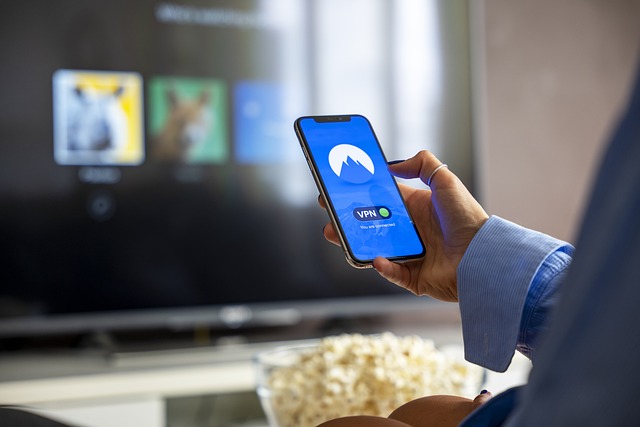With the popularity and growth of the Internet, Virtual Private Networks (VPN) have become one of the everyday tools for many people.VPN are versatile and can help users achieve a variety of goals such as online privacy, security, and access to restricted content. However, not everyone needs to use a VPN. individual needs and contexts need to be considered when choosing whether or not to use a VPN. In this article, we will look at who VPN are suitable for to help readers better understand the scope of VPN.

1. People who need to improve network security
Internet security is a constant topic, and whether you are a regular Internet user or a corporate user, you need to be aware of it. a VPN can help improve network security, especially when using public Wi-Fi networks. Public Wi-Fi networks are often insecure and hackers can easily intercept your data traffic. If you are a frequent user of public Wi-Fi, such as in cafes, airports or hotels, then using a VPN can encrypt your data traffic and ensure that your personal information is not stolen.
Also, business users often use VPN to protect confidential company data. Telecommuting is becoming more and more common, and a VPN can provide a secure communication channel for remote employees to ensure that sensitive information is not compromised.
2. People who need to access restricted content
In some countries or regions, governments have censored and blocked the Internet, restricting users' access to certain websites and services. In addition, some streaming platforms also restrict access to content in certain regions due to copyright issues. A VPN is an effective tool if you want to access blocked or restricted websites, or if you want to watch streaming content from other countries.
By connecting to servers located in other countries or regions, a VPN can bypass geographic restrictions and allow you to enjoy the freedom of the Internet worldwide. This is especially useful for people who like to watch international sporting events, stream episodes or get global news.
3. People who protect their privacy
Privacy protection is an increasingly important issue in modern society. Some people are concerned about their online activities being monitored or tracked, or about personal data being used inappropriately. If you are someone who cares about privacy, a VPN can help you protect personal information.
A VPN makes your online activity invisible to third parties by encrypting your internet connection. This means that your ISP, advertisers and potential hackers cannot easily track your activity. This is a powerful tool for those who wish to protect their browsing history, communications and personal information.
4. People who frequently need to access the Internet across borders
A VPN is also a useful tool for those who often need to access the internet across borders. Whether you're traveling for business, pleasure, or international business, connecting to a VPN server can help you avoid geographic limitations and ensure that you have a consistent Internet experience between countries.
In addition, a VPN can help you circumvent the blocking of specific websites and services in some countries, allowing you to continue accessing the content you need while traveling internationally.
5. People who need remote access to local network resources
For business users and tech enthusiasts, a VPN can also be used to access local network resources remotely. If you need to access a company server, network drive, or home webcam from a remote location, a VPN can create a secure communication channel that allows you to access these resources as if you were a local user.
This is useful for people who need to share files between locations, manage devices remotely, or monitor home security.
To summarize
All in all, a VPN is a versatile tool for all kinds of people. Whether you are concerned about online security, privacy protection, cross-border access, bypassing internet censorship or accessing local resources remotely, a VPN can help you. However, when choosing a VPN, you need to carefully consider your needs and select a reliable VPN service provider to ensure your data is properly protected. Most importantly, it's also important to follow the law and your service provider's policies when using a VPN to ensure legal compliance. Hopefully, this article has helped you better understand the scope of VPN so that you can use this tool more wisely for your needs.
 Email
Email